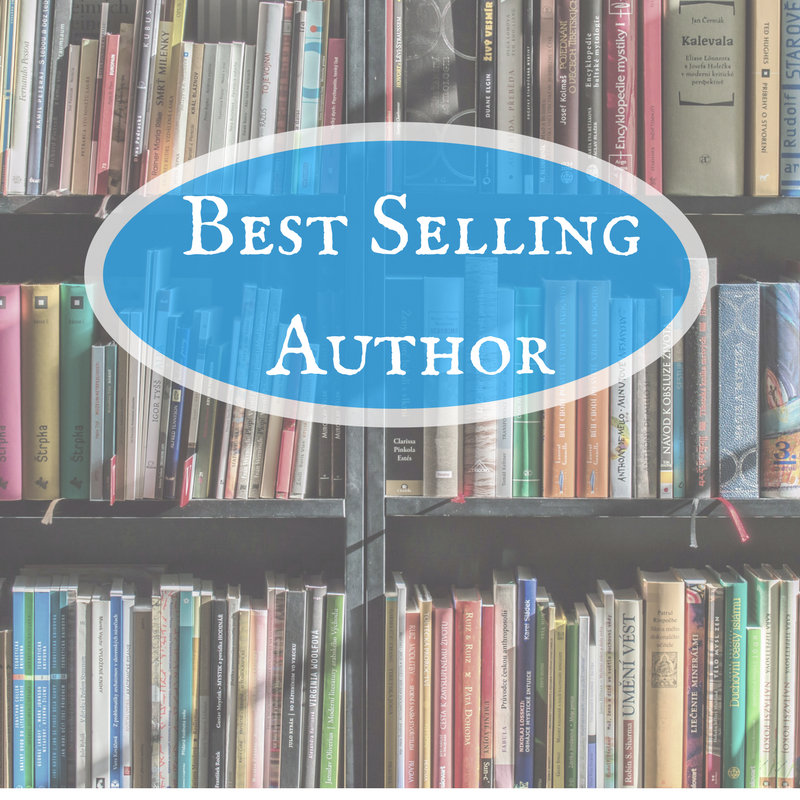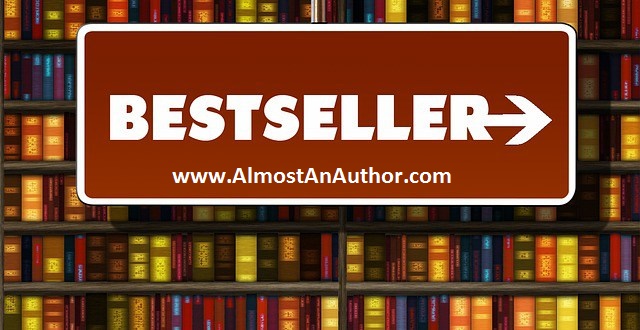
Bestsellers
Interview with Best-selling Author Sarah Sundin
Can you share a little about your recent book? Burdened by his past, fighter pilot Lt. Adler Paxton battles…
November 1, 2019
Can you share a little about your recent book? Burdened by his past, fighter pilot Lt. Adler Paxton battles…
November 1, 2019
“Can I really compare my book with a bestselling author’s book?” “Why do I need this? Won’t I shine…
October 25, 2018
Welcome Michele, Can you share a little about your recent book –The Jealous Son is a contemporary suspense novel…
December 1, 2017
Welcome Tamara, can you share a little about your recent book – THE VEXING: Book Six (Age of…
May 1, 2017